Black role models in tech are making history every day
It’s the last week of Black History Month 2024 in the USA, but by no means is the celebration over. The beautiful thing about history is that it’s not an isolated narrative about the past, but an ongoing dialogue in which we talk about how our collective past informs our present, and what more can be achieved in the future. The fact is this: we make history every single day. That’s why it’s so important for everyone to actively engage with history, and for us to celebrate the achievements of all.
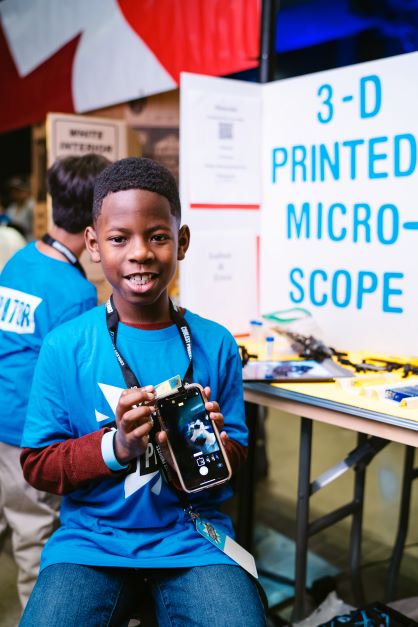
When we talk about the history of STEM and computing, it’s necessary to highlight the achievements of people from groups that are still underrepresented in these fields: communities of colour, female and gender non-conforming people, people with disabilities, and underresourced communities. When we highlight their achievements, everyone can gain a fuller understanding of this history, and more young people from these groups can see they have a place in these fields and in moving them forward.
[When young kids of colour help inform the technology they use,] we end up with technology that is more inclusive to diverse communities […], and we help the kids become creators instead of just consumers.
Qumisha Goss
So to keep the conversation going about Black history in STEM and computing and how people make it every day, today we’re highlighting stories of Black community members. You’ll find out how they got involved in coding and creating with technology, and who their Black role models in tech are — past and present.
Community spotlight: Qumisha Goss
Meet Qumisha Goss, a brilliant source of inspiration and a shining light for youth in the ‘Motor City’ of Detroit, Michigan, USA.
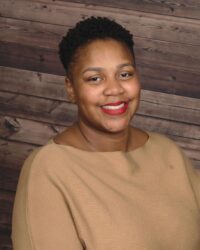
Growing up, Qumisha always had an interest in tech, often tinkering and putting projects together, and her interest quickly transformed into a dream of becoming an engineer one day. Fast forward to now, and Qumisha has done exactly that and so much more.
She’s the Interim Executive Director of Peer 2 Peer University, the Digital Literacy Subject Matter Expert for Connect 313, the Creator and Lead Instructor of Code Grow, and a Raspberry Pi Certified Educator. Talk about impact! We asked Qumisha a few questions to explore her incredible story and to learn how she’s giving back to her community today:
Which Black individuals have helped pave the way for you?
Qumisha: “When I was a kid, my grandmas, Gloria and Cassandra, helped my brother and I make a shrinking machine out of a cardboard box, some batteries, and some lights. There was a minimum of science used, but my grandma swapped out our test ear of corn for a baby corn and my curiosity was rewarded with success. In elementary school, my ‘hero’ was Mae Carol Jemison, engineer, doctor, and astronaut. She was the first African American woman to go to space, in 1992 on the Endeavor. I found someone who looked like me who was doing something that I wanted to do, and that was encouraging.”
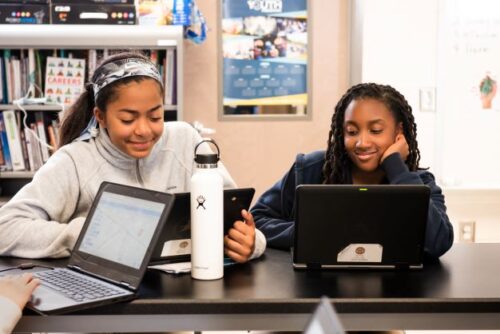
Why is it important to encourage diversity in tech?
Qumisha: “It’s important that young kids of colour help inform the technology that they use. The benefits are twofold: we end up with technology that is more inclusive to diverse communities because it is informed by them, and we help the kids become creators instead of just consumers.”
How did you find your way into tech?
Qumisha: “I eventually went to college to study engineering. I ended up switching majors and studying history and classical languages, but later returned to the tech world when I joined the Python and Raspberry Pi communities. I learned how to code outside of a traditional classroom and have been running physical computing classes and workshops for kids in my hometown of Detroit.”
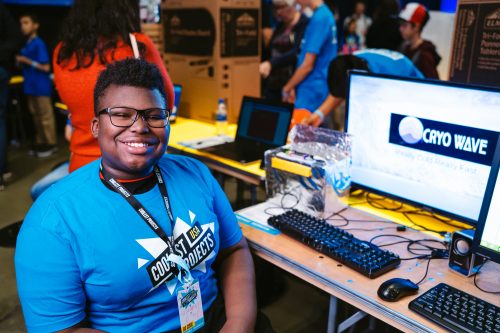
How do you believe your work is paving the way for more Black excellence in tech?
Qumisha: “Even if kids don’t stick with it, they learn that coding — and lots of things — are not beyond them. The next Bill Gates might be sitting on the library stoop. The difference between them being able to make it or not is: ‘Did they ever get the opportunity to touch the thing that really sparks their genius?’ And for me, I want to help as many kids as possible interact with tech in a fun and engaging way so that they know that they can be technologists too.”
The difference between [kids] being able to make it or not is: ‘Did they ever get the opportunity to touch the thing that really sparks their genius?’
Qumisha Goss
To connect with Qumisha and learn how you can support the incredible, history-making work that she’s doing, follow her on X at @QatalystGoss.
Keep reading to meet more Black history makers across the USA, and to find resources to learn how you can help increase diversity in the technology sector in your community.
Ways to continue celebrating Black history
Explore our research seminars for educators who want to learn how to make computer science more accessible to all.
Listen to the stories of other Black community members who are making history all over the US. Siblings Sophia and Sebastian, researcher Randi Williams, and aspiring filmmaker Jordan chatted to us about their interest in coding, tech, and getting creative with digital tools.
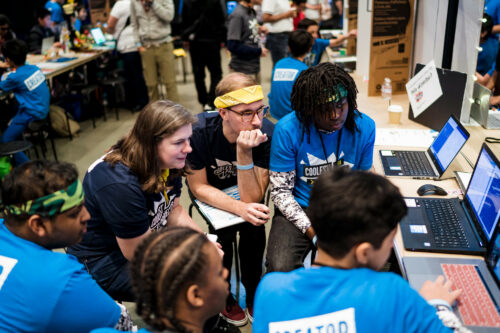
Try out one of our guided projects for young people to get creative with tech. Check out Coolest Projects, our free online showcase for young tech creators, and how you can get young people involved.
And if you want to share the story of how you got into tech and how you’re inspiring kids to do the same, reach out to us on social media so we can amplify your voice.
Happy Black History Month!

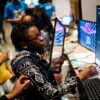
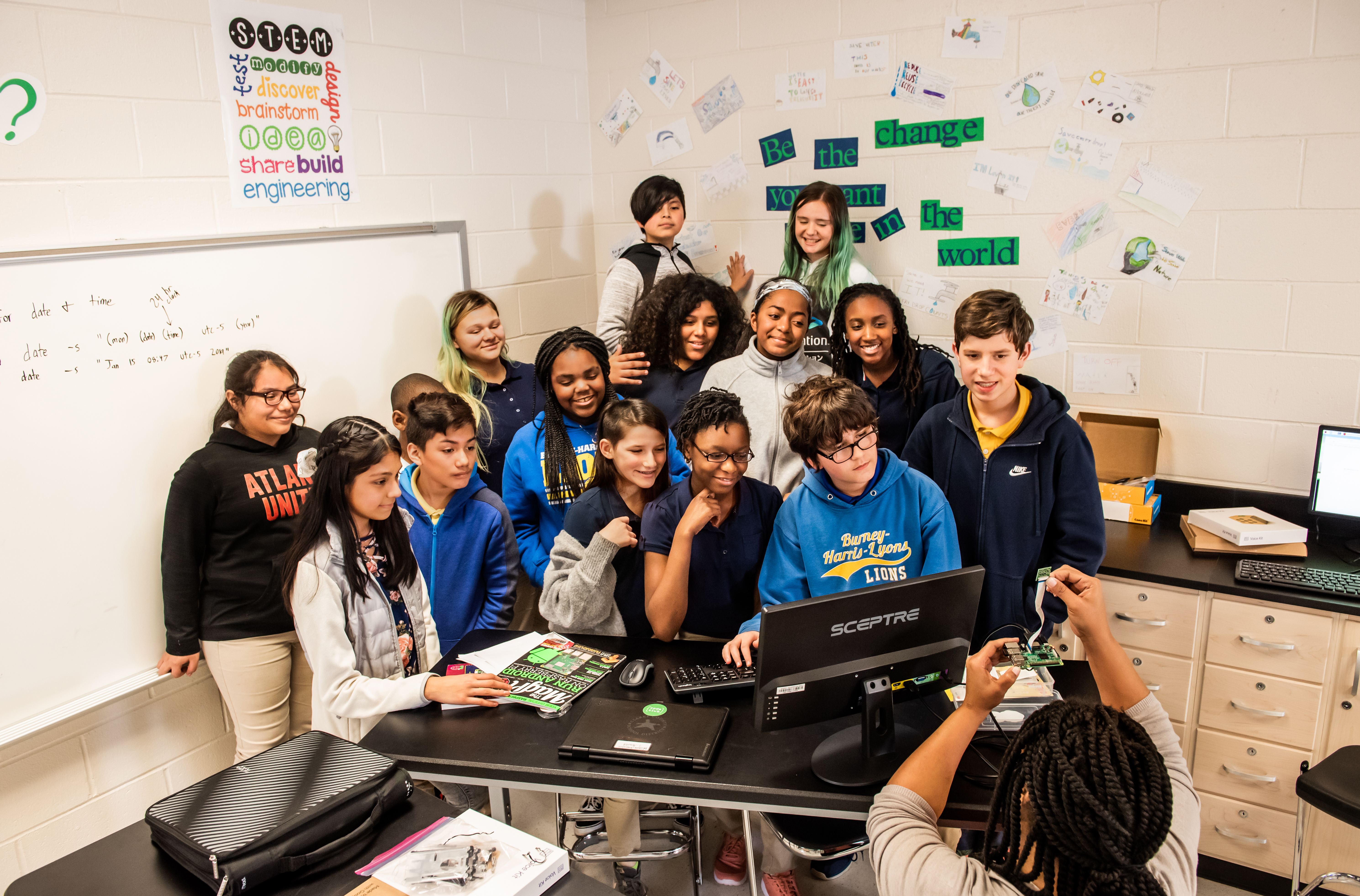
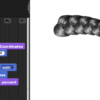
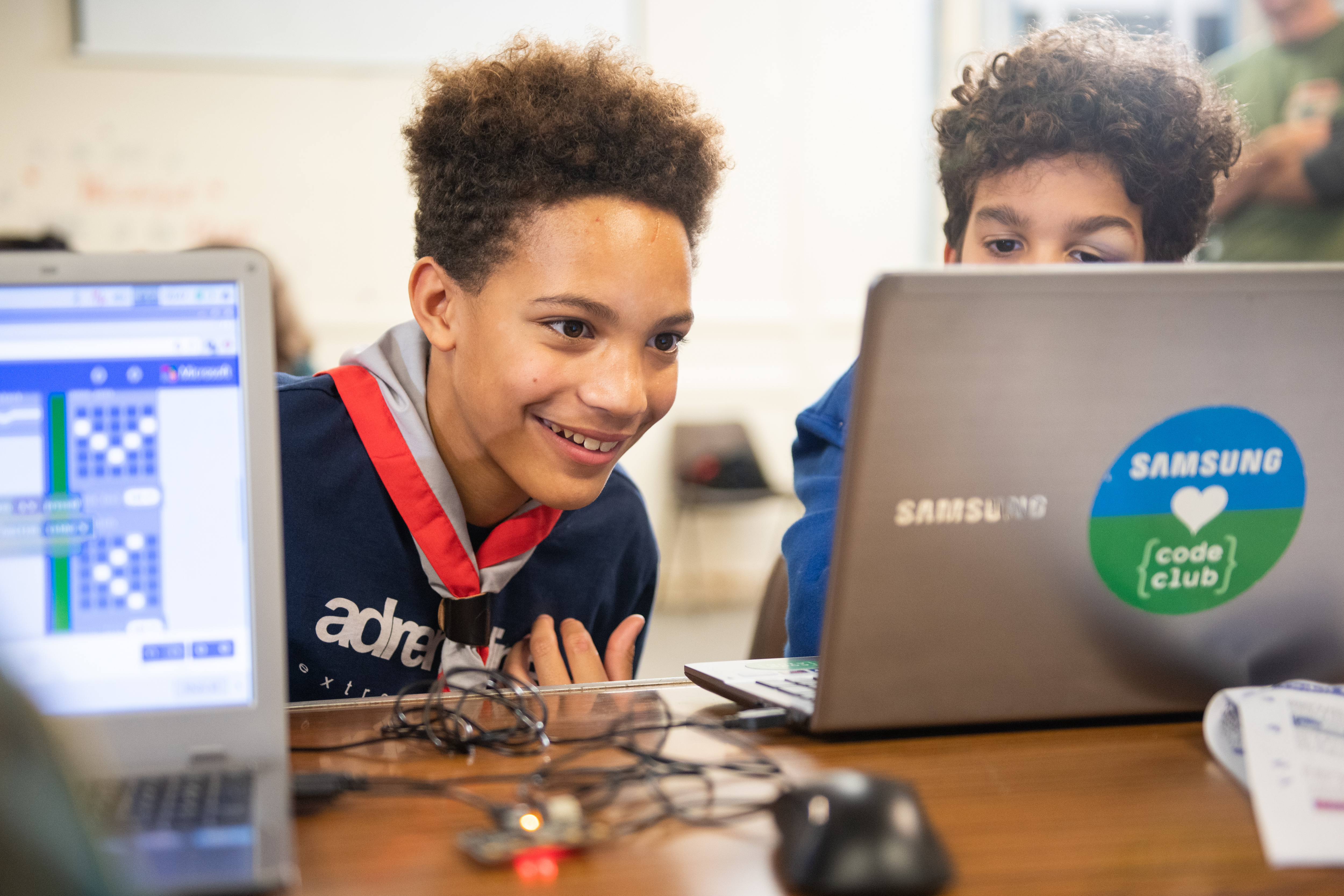
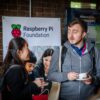

No comments
Jump to the comment form